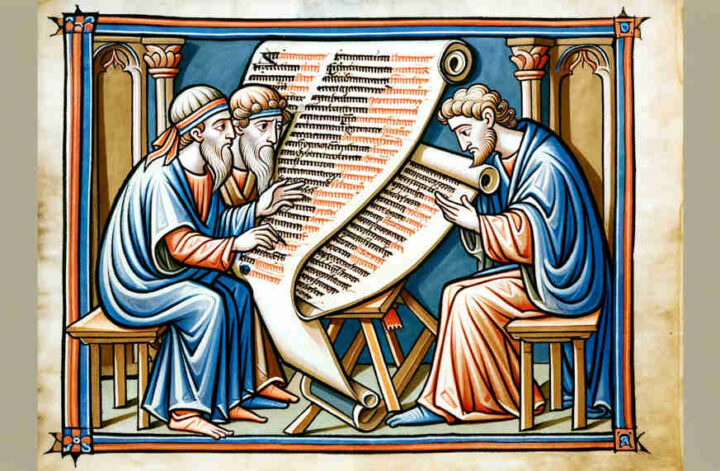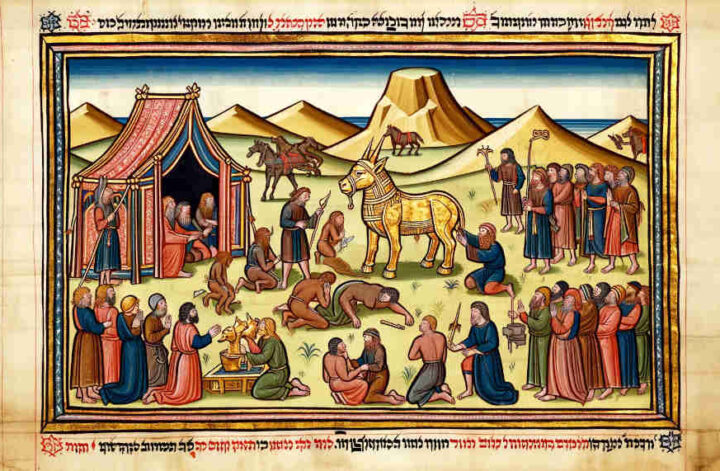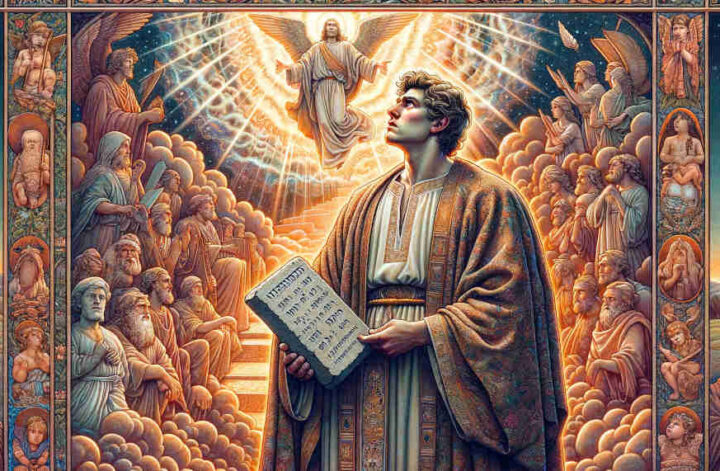Email from a reader: “Dear Rabbi Joshua, As a person interested in Noahidism, I am wondering what subjects or texts I should study to deepen my understanding and practice. Could you please offer some guidance? Sincerely, Elizabeth Green”Dear Elizabeth,
Your pursuit of knowledge as a Noahide is both commendable and crucial in deepening your understanding and practice. Let’s explore the areas of study that can enrich your spiritual journey.
Understanding the Noahide Laws:
The foundational aspect of your study should focus on the Seven Noahide Laws themselves. Understanding the principles and the spirit behind these laws is essential. You can begin with texts that specifically discuss these laws and their application in daily life.
Jewish Ethical Teachings:
Jewish ethical teachings, while rooted in Jewish law, have universal elements that are valuable for Noahides. Works like “Pirkei Avot” (Ethics of the Fathers) offer wisdom on personal conduct, character development, and moral living that can be very relevant.
Basic Jewish Theology and Philosophy:
Exploring basic Jewish theology and philosophy can provide a broader context for the Noahide Laws. Books that introduce the concepts of God in Judaism, the nature of the soul, and the Jewish perspective on creation and history can be insightful.
Historical Context:
Understanding the historical context of the Noahide Laws, including their place within the Torah and their interpretation throughout Jewish history, can deepen your appreciation of their significance.
Comparative Religious Studies:
Studying comparative religious texts can also be beneficial. It helps in understanding how the Noahide laws fit within the larger tapestry of world religions and ethical systems.
Practical Application:
Focus on texts that offer guidance on the practical application of the Noahide Laws in modern life. This includes understanding ethical business practices, interpersonal relationships, and community involvement.
Recommended Reading:
There are books specifically written for Noahides, such as “The Divine Code” by Rabbi Moshe Weiner, which can serve as a comprehensive guide. Additionally, engaging with online resources, lectures, and Noahide communities can complement your reading.
Elizabeth, your journey as a Noahide seeking knowledge and understanding is a path of continuous growth. May your studies be fulfilling and lead you to greater wisdom and spiritual enrichment.
Warm regards,
Rabbi Joshua


